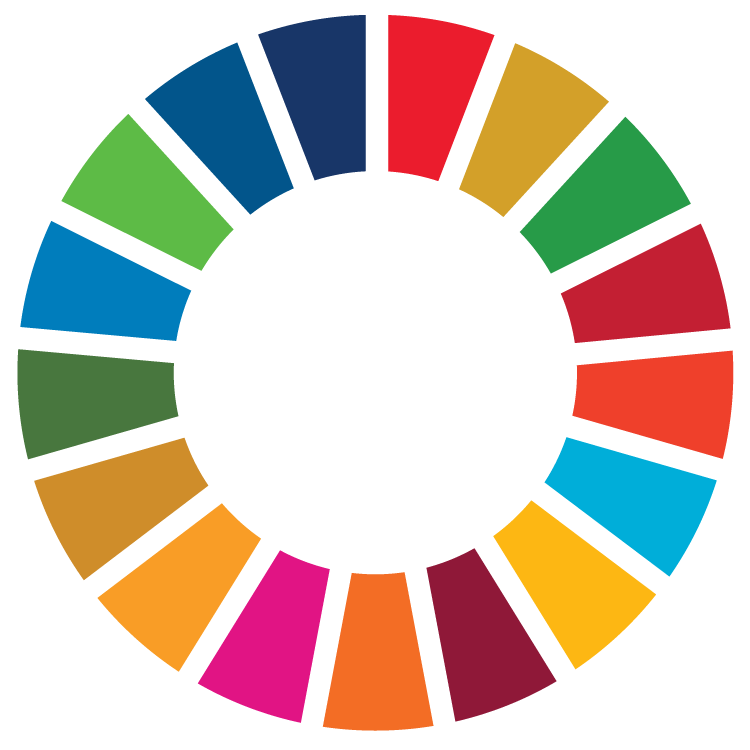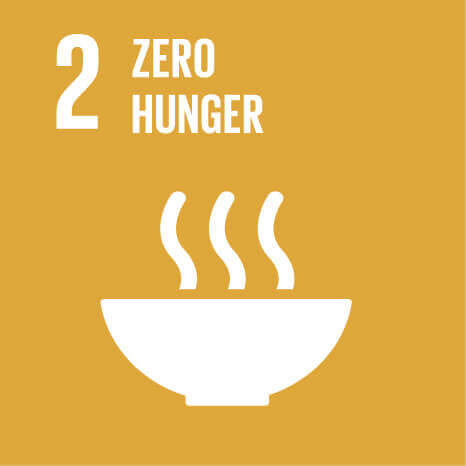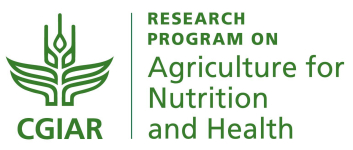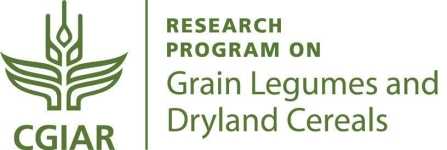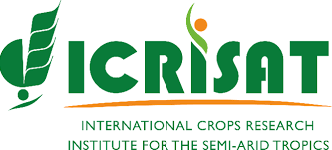Policy favours biofortified pearl millet in India to combat Fe and Zn deficiencies
Published on: April 29, 2019, Submitted by Pasupuleti Janila on: April 29, 2019, Reporting year: 2018
The All India Coordinated Research Project on Pearl Millet (AICRP-PM) of Indian Council of Agricultural Research (ICAR) has established minimum levels of iron and zinc to be bred into national varieties of pearl millet. The policy favours biofortified pearl millet in India and thus contributes to alleviate burden of malnutrition. Biofortification is a simple, sustainable and nutrition sensitive agricultural innovation and favorable policies for biofortified crops is a game changer to drive nutrition security.
Pearl millet hybrid
All India Coordinated Research Projects of the Indian Council of Agriultural Research (AICRP-PM of ICAR) has established minimum standards on iron and zinc in pearl millet for national cultivar release policy. At the 52nd Annual Meeting of the AICRP in 2017, it was agreed that all pearl millet varieties would be bred to contain a minimum 42 ppm of iron and 32 ppm of zinc. This policy applies to any variety/hybrids to be notified either from public/private in India. Based on the policy guidelines test hybrids as well as pipeline hybrids are advanced and subsequently released, four hybrids (HHB 299, AHB1200, DHBH1211, AHB 1269) were released in 2018 and 2019. The decision on nutritional standards in India is important as pearl millet is a staple for many poor people in northern India, and ICRISAT’s key contributions include, establishing baselines of Fe and Zn for Indian cultivars released over 40 years and documenting them. To arrive to this stage of national level policy guidelines it took four years, and HarvestPlus extended financial assistance to ICRISAT and ICAR-partners through ICRISAT. HarvestPlus continues to support ICRISAT for micronutrients quality analysis that is extended to ICAR-partners.
In India, 94,000 households benefited from cultivation of new biofortified pearl millet cultivar. Micronutirent malnutrition, particular Fe deficiency is rampant among women and children in India and world and need interventions to combat Fe and Zn deficiencies. In India alone, about 80% of the pregnant women, 52% of non-pregnant women, and 74% of children in the 6-35 months age group suffer from iron deficiency. About 52% of children below 5 year are zinc deficient.
Current policy is favoring testing and release of pearl millet cultivars that meet minimum grain Fe (42 ppm) and Zn (32 ppm) standards in addition to higher yield and disease resistance. A cultivar that fails to meet the minimum standards will not be tested and promoted in national testing system nor released for cultivation. This is a welcome policy that favours biofortification mainstreaming as a key innovation to drive nutrition sensitive agriculture.
Stage of Maturity and Sphere of influence
-
Stage of Maturity: Stage 2
-
Contributions in sphere of influence:
Acknowledgement
Funder: HarvestPlus
CCS Haryana Agricultural University; Junagadh Agricultural University; Vasantrao Naik Marathwada Agricultural University; MPKV College of Agriculture; Prof. Jayashankar Telangana State Agricultural University; Sri Karan Narendra Agriculture University; Karnataka State Seeds Corporation Limited; Maharashtra State Seeds corporation Limited; Ajeet seeds Ltd.; Bayer BioScience Pvt. Ltd.; Bioseed Research India Pvt. Ltd.; Ganga Kaveri Seeds Pvt. Ltd.; Hi-Yield Agri Genetics Pvt. Ltd.; Hytech Seed India Pvt. Ltd.; JK Agri Genetics Ltd.; Kaveri Seeds Company Pvt. Ltd.; Metahelix Lifesciences Pvt. Ltd.; Nirmal Seeds Pvt. Ltd.; Nu Genes Pvt. Ltd.; Nuziveedu Seeds Pvt. Ltd.; Pioneer Overseas Corporation, AICMIP, IIMR and ICRISAT
CRPs: A4NH, GLDC
